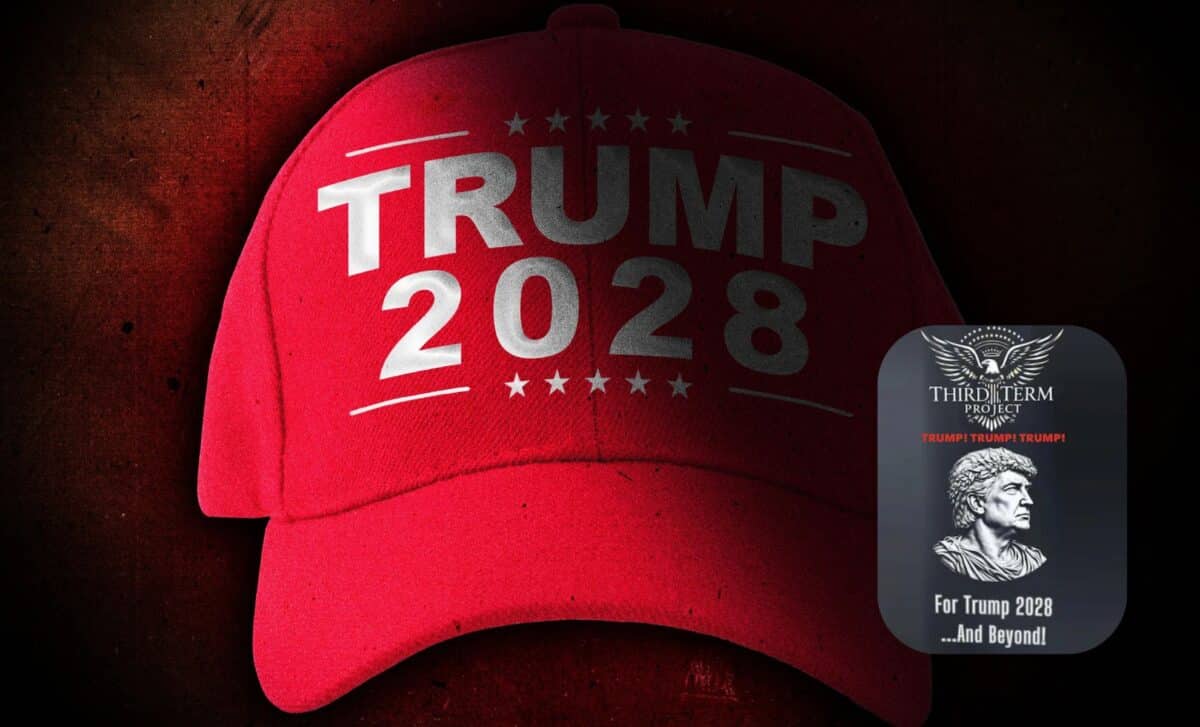President Donald Trump’s recent remarks about seeking a third term have reignited a contentious debate over the limits of U.S. presidential power.
While his statements have often been laced with humour, the growing frequency of his comments leaves the public questioning whether there is a serious political strategy at play or whether it is simply another example of Trump’s trademark rhetorical unpredictability.
The U.S. Constitution’s 22nd Amendment explicitly prohibits any president from serving more than two terms, a restriction put in place after Franklin D. Roosevelt’s four-term presidency.
Trump has frequently joked about running again, but his statements are starting to blur the lines between jest and genuine political manoeuvring. This ambiguity raises questions about the potential impact on the public, his supporters, and the legal barriers in place.
Mixed Messages and Growing Support
Trump’s statements about a third term have evolved over time. Initially, he dismissed the idea as a joke. According to an NBC interview from 2019, he referred to a third term with a smile, claiming, “There won’t be a third term.” However, in a March 2025 interview, Trump contradicted his previous comments, stating, “I’m not joking. There are methods which you could do it.”
His supporters have seized upon these remarks, with many displaying “Trump 2028” hats at rallies and chanting for a third term during his appearances.
The presence of these hats is not merely symbolic; it reflects the growing enthusiasm among some of Trump’s base. As a result, some analysts believe that Trump’s rhetoric serves a dual purpose: to energize his supporters while testing the waters for a potentially more serious pursuit.
Yet, despite his frequent mention of a third term, Trump’s team insists that he does not wish to amend the Constitution to allow it, according to sources within the White House.
Constitutional and Legal Barriers
The 22nd Amendment remains a clear obstacle to any attempt by Trump to extend his presidency beyond two terms. However, some of his allies have floated the idea of circumventing the restriction.
One proposed scenario involves Trump running for vice president and then assuming the presidency after winning the election. Legal experts argue that this is inconsistent with both the 22nd and 12th Amendments, which prevent ineligible candidates from becoming vice president.
Despite these legal hurdles, some prominent figures, including Harvard Law professor Laurence Tribe, have argued that there could be legal grounds to challenge the amendment.
Tribe suggested that a constitutional argument could be made, although most scholars remain skeptical. Trump’s comments and the surrounding speculation highlight the ongoing public fascination with his political future, even as the constitutional limitations remain firmly in place.









